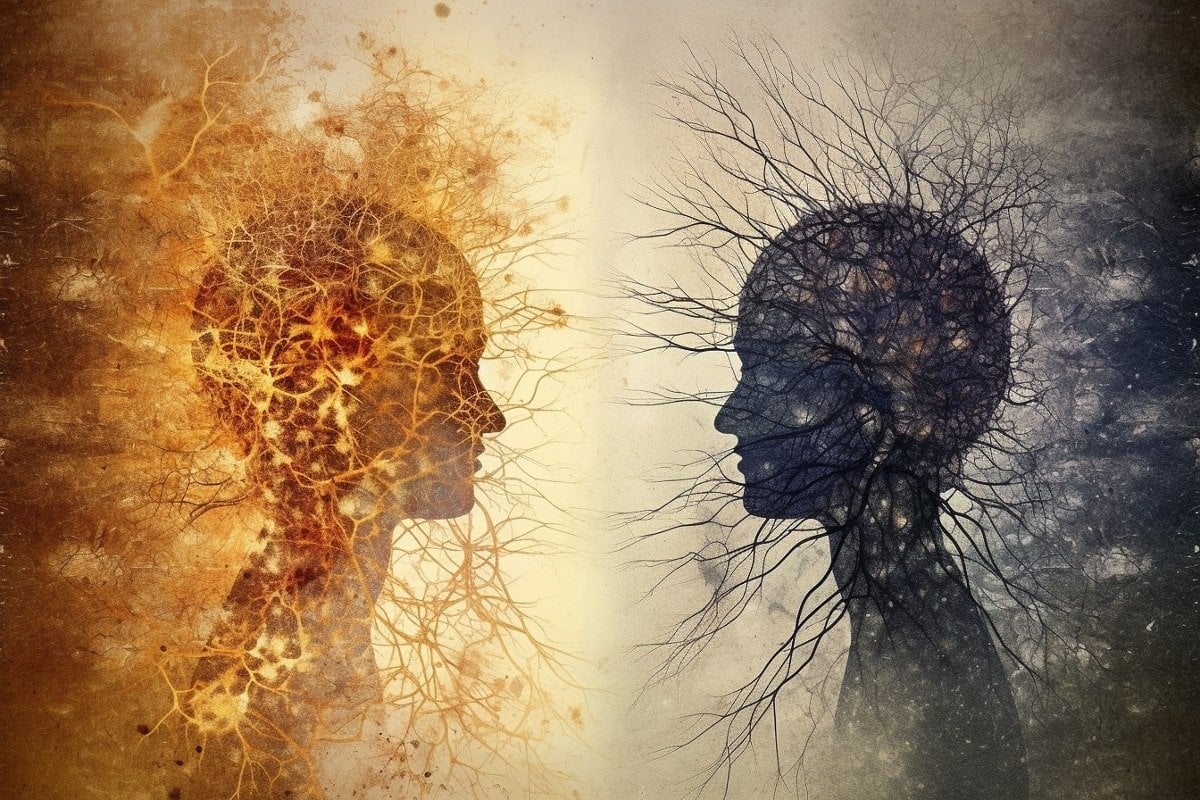
Bipolar disorder, also known as manic-depressive illness, is a mental health condition that affects a person's mood, energy, activity levels, and ability to function. It is a serious condition that can have a profound impact on a person's life, relationships, and overall well-being.
What Causes Bipolar Disorder?
The exact cause of bipolar disorder is unknown, but it is believed to be a combination of genetic, environmental, and neurochemical factors. Studies have shown that bipolar disorder is more common in people who have a family history of the condition. Environmental factors such as stress, trauma, and substance abuse can also trigger bipolar episodes. Neurochemical imbalances in the brain, specifically in the levels of serotonin, dopamine, and norepinephrine, have also been linked to bipolar disorder.
Bipolar Symptoms
Bipolar disorder is characterized by episodes of extreme highs (mania or hypomania) and lows (depression). The symptoms of these episodes vary depending on the type of episode.
During a manic episode, a person may experience feelings of euphoria, grandiosity, increased energy, decreased need for sleep, racing thoughts, and impulsive behavior. They may engage in risky behaviors such as spending sprees, sexual promiscuity, or drug use. They may also experience irritability, agitation, and anger.
During a depressive episode, a person may experience feelings of sadness, hopelessness, loss of interest in activities, fatigue, and changes in appetite or sleep. They may have difficulty concentrating, experience feelings of guilt or worthlessness, and have thoughts of suicide.
Test For Bipolar Disorder
Diagnosing bipolar disorder can be challenging because the symptoms can be similar to other mental health conditions such as depression or anxiety.
A mental health professional will typically conduct a thorough evaluation, including a physical exam and psychological assessment, to determine if a person has bipolar disorder.
Bipolar Medication
Treatment for bipolar disorder typically involves a combination of medication, therapy, and lifestyle changes. Medications such as mood stabilizers, antipsychotics, and antidepressants can help manage symptoms. Therapy, such as cognitive-behavioral therapy or interpersonal therapy, can help a person learn coping skills and manage their emotions. Lifestyle changes such as regular exercise, a healthy diet, and stress reduction techniques can also help manage symptoms.
It is important for people with bipolar disorder to seek treatment and follow their treatment plan in order to manage their symptoms and improve their quality of life.
Untreated bipolar disorder can lead to significant problems in a person's life, including relationship problems, difficulty at work or school, substance abuse, and suicidal thoughts or behaviors.
In addition to seeking treatment, it is important for people with bipolar disorder to take care of themselves and manage their symptoms. This may involve developing a daily routine, getting enough sleep, eating a healthy diet, and avoiding drugs and alcohol.
In conclusion, bipolar disorder is a serious mental health condition that affects a person's mood, energy, and ability to function. It is important for people with bipolar disorder to seek treatment, manage their symptoms, and take care of themselves in order to improve their quality of life. With the right treatment and support, people with bipolar disorder can lead happy and fulfilling lives.
